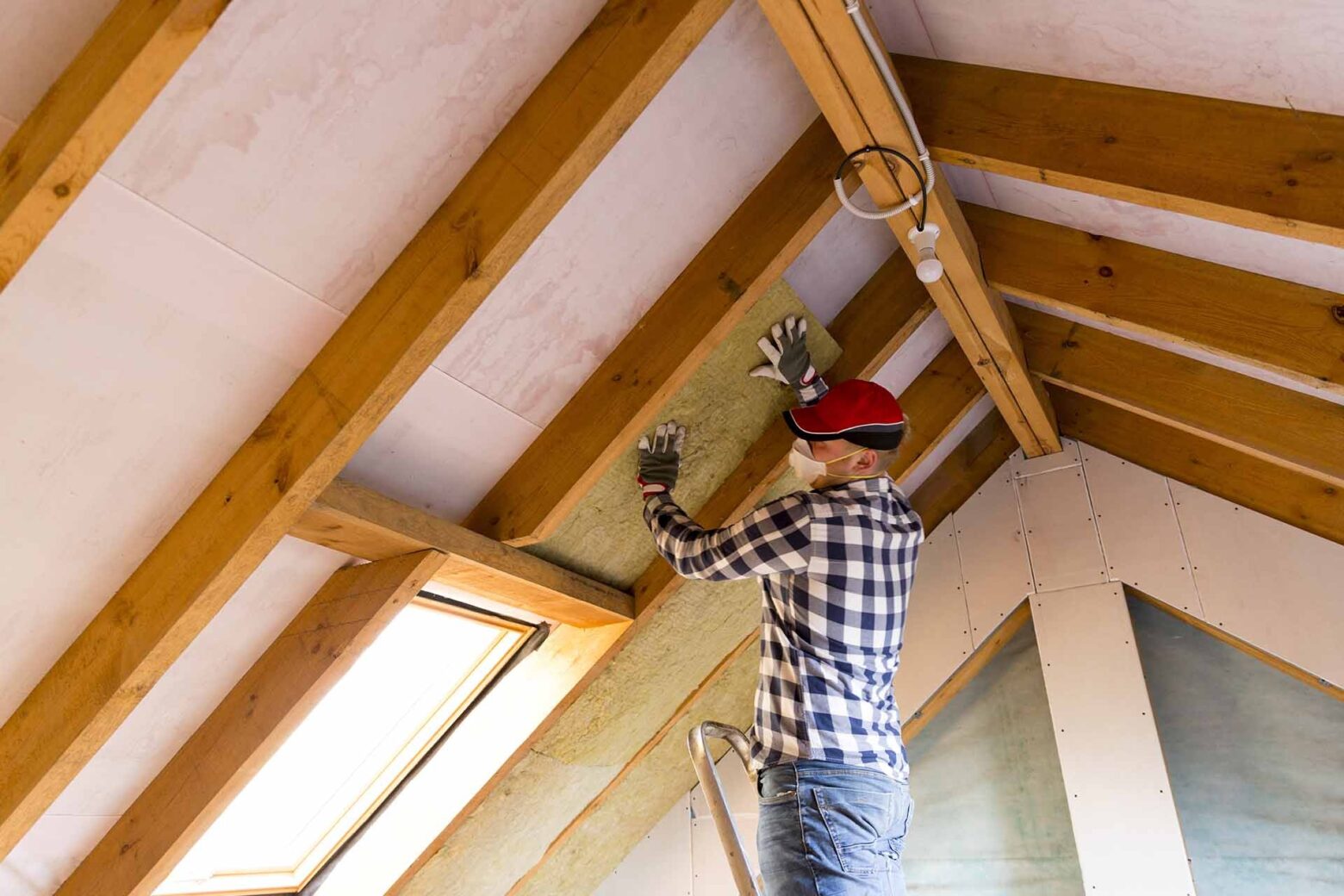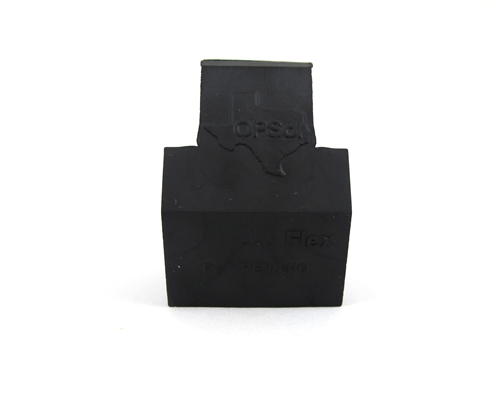Starting an insulation business can be rewarding, offering a steady demand as homeowners and companies seek to improve energy efficiency. We will explore the essential steps to establish a successful insulation business, covering aspects from market research and business planning to acquiring the necessary equipment and marketing your services. We aim to provide a clear roadmap to learn how to start an insulation business at Profoam Corporation.
Conducting Market Research
The first step in starting any business is understanding the market. Conducting thorough market research helps identify the demand for insulation services in your area, potential competitors, and target customer demographics. Assessing the local market will allow you to determine whether there is a sufficient need for your services and help you tailor your offerings to meet local needs. Additionally, understanding the competition will enable you to identify gaps in the market that you can fill, setting your business apart. Research can be conducted through various methods, including surveys, interviews, and analyzing industry reports. Gathering this information provides a solid foundation upon which to build your business.
Developing a Business Plan
A well-structured business plan is crucial for the success of your insulation business. It serves as a roadmap, guiding your business through its initial stages and beyond. Your business plan should include an executive summary, a description of your services, market analysis, marketing strategy, and financial projections. The executive summary provides a concise business overview, outlining your goals and how you plan to achieve them. The market analysis section should detail your research findings, including target customers and competitors. A clear marketing strategy will outline how you plan to attract and retain customers, while financial projections help you understand your business’s startup costs, potential revenue, and profitability. A comprehensive business plan helps secure funding and keeps you focused on your business goals.
Acquiring Necessary Equipment and Supplies
Once your business plan is in place, acquiring the necessary equipment and supplies is the next step. Insulation requires specific tools and materials, such as insulation blowers, spray foam rigs, protective gear, and various insulation products. Investing in high-quality equipment is essential to ensure the efficiency and safety of your operations. Additionally, establishing relationships with reliable suppliers is crucial to maintaining a steady supply of materials. Consider the types of insulation services you plan to offer—whether residential, commercial, or both—as this will influence the equipment and supplies you need. Equipping your business from the start sets the stage for successful project execution and customer satisfaction.
Obtaining Licenses and Certifications
You must obtain the licenses and certifications to operate your insulation business legally. The requirements vary by location, so it’s essential to research the specific regulations in your area. Typically, this involves registering your business, obtaining a contractor’s license, and securing required permits. Additionally, certifications from recognized industry organizations can enhance your credibility and demonstrate your commitment to quality. For example, becoming certified by the Building Performance Institute (BPI) or the North American Insulation Manufacturers Association (NAIMA) can provide a competitive advantage. Compliance with local laws and industry standards is essential to a reputable and trustworthy business.
Hiring and Training Staff
Hiring and training staff is critical to building a successful insulation business. Your team will be the backbone of your operations, so hiring individuals who are skilled, reliable, and committed to delivering high-quality work is vital. Look for candidates with experience in insulation installation or related fields, and provide comprehensive training to ensure they know your business’s standards and practices. Training should cover safety protocols, proper use of equipment, and techniques for various types of insulation. Investing in your staff’s development improves the quality of your services, fosters a positive work environment, and encourages employee retention.
Marketing Your Insulation Business
Effective marketing is essential to attract customers and grow your insulation business. Start by creating a professional website that showcases your services, highlights customer testimonials, and includes clear contact information. Search engine optimization (SEO) techniques can help improve your website’s visibility in search results. Additionally, consider using social media platforms to reach a broader audience and engage with potential customers. Networking with local builders, contractors, and real estate agents can also lead to valuable referrals. Offering promotions or discounts to first-time customers can entice them to try your services. A well-rounded marketing strategy helps establish your brand and attract a steady stream of clients.
Ensuring Customer Satisfaction
Customer satisfaction is critical to the success and longevity of your insulation business. Providing excellent customer service, delivering quality work, and promptly addressing issues can lead to positive reviews and repeat business. Encourage satisfied customers to leave reviews on your website or social media pages, as this can build trust and attract new clients. Additionally, following up with customers after completing a project shows that you value their business and are committed to their satisfaction. Implementing a feedback system can also help you identify areas for improvement and continuously enhance your services. Prioritizing customer satisfaction creates a loyal customer base and improves your business’s reputation.
Starting an insulation business involves careful planning, investment, and dedication. By conducting, you can establish a successful insulation business through market research, developing a detailed business plan, acquiring the necessary equipment, obtaining the required licenses, hiring and training staff, and implementing effective marketing strategies, you can establish satisfaction through quality work and excellent service further contributes to your business’s growth and reputation. This comprehensive approach sets the foundation for a thriving insulation business, allowing you to meet your client’s needs and achieve long-term success.
Keep an eye for more news & updates on Internal Insider!














